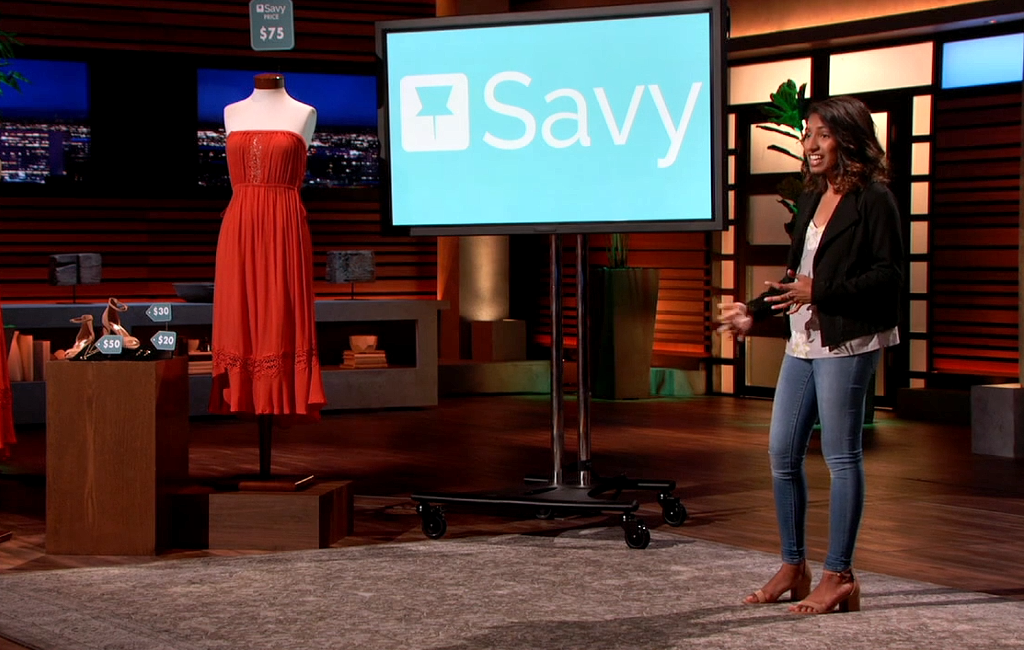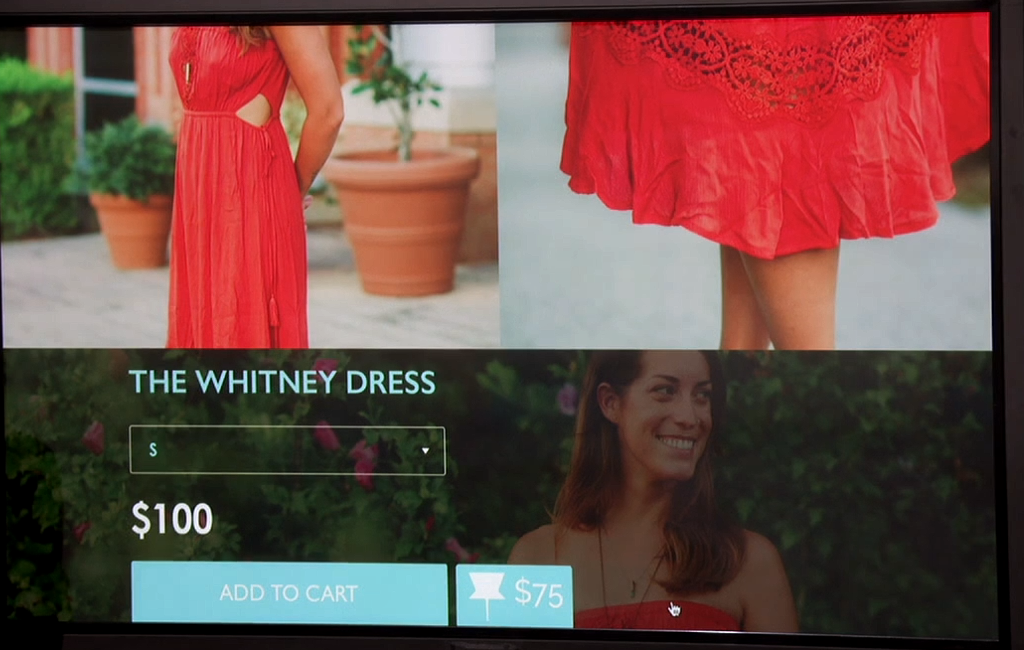Savy Shopping App

NO DEAL
EPISODE SUMMARY
🕓 Air Date: January 21, 2018
Asking For:
$100,000 for 10%
Investor:
No Deal
Deal:
No Deal
PRODUCT SUMMARY
Savy is an online shopping platform that allows customers to set the price they are willing to pay for items, alerting them if it reaches their desired price point.
WATCH HERE
IN A RUSH?
Click these to jump to the section you want to read.
Background Story
Disha from Columbus, Ohio, introduced Savy, born out of her own frustration as a budget-conscious teenager struggling to find affordable deals while shopping online. The idea originated from her habit of saving links to favorite products to check for price drops, only to find them sold out or unavailable in her size. Determined to create a solution, Disha developed Savy, an online shopping platform that empowers customers to set their desired prices for items. Her entrepreneurial journey began with a startup called TacBoard during her late teens, which unfortunately did not succeed due to scalability issues.

Undeterred, Disha honed her coding skills and, at the age of 20, launched Savy with a mission to democratize the online shopping experience. Notably, she shared her unconventional experience leading a program for gang leaders in Wilmington, North Carolina, aimed at providing alternative opportunities and curbing violence. Despite having deferred a scholarship to the University of Michigan, Disha’s determination led her to pursue entrepreneurship, coding her own Instagram bots to attract stores to Savy.
The Product
Savy revolutionizes online shopping by allowing customers to specify the price they’re willing to pay for desired items. The process involves users selecting a product, entering the price they’re comfortable paying, and receiving an email notification if the item reaches that price point.
Disha illustrated this with an example of a dress in a favorite boutique, emphasizing that Savy benefits both customers and businesses. For customers, it ensures they get a good deal without the hassle of regular price-checking, while for businesses, it provides critical pricing information.
The platform currently boasts 2,000 registered users and partnerships with 1,000 stores. Disha acquired users through social media, particularly Instagram DMs and Facebook Messenger, leveraging coded Instagram bots.
However, at the time of the pitch, Savy had not generated revenue, but Disha claimed to have verbal commitments from large retailers, projecting a potential revenue of $1 million by 2018.

How It Went
The company’s position before Shark Tank
Savy, operating for approximately a year, had yet to generate sales at the time of the pitch. Disha shared that she had secured four verbal commitments from large retailers, indicating a potential revenue of $1 million by 2018. The pitch did not delve into the company’s current financial health, partners, wholesalers, or available capital.

Disha’s strategy to attract users and stores through social media, specifically Instagram and Facebook, showcased her resourcefulness in using coded Instagram bots. However, the lack of sales and revenue raised concerns among the Sharks about the viability and maturity of the business.
The Negotiations:
The negotiation phase revealed challenges for Disha as the Sharks probed the viability of Savy. Questions arose about the number of users, which stood at 2,000, and the method of acquiring both users and stores, primarily through social media channels. The lack of sales and revenue became a significant point of contention, with the Sharks expressing skepticism about the value of verbal commitments from retailers.

Mark Cuban and Kevin O’Leary, in particular, emphasized the importance of tangible orders and revenue. Barbara Corcoran and Daymond John both decided to opt out, citing concerns about the business’s readiness and Disha’s lack of discipline and experience. Kevin O’Leary also expressed doubt about Disha’s readiness to forgo education, advising her to gain more discipline.
While Lori Greiner acknowledged Disha’s interesting journey, she felt that Savy was not fully fleshed out and lacked tangible results. Ultimately, no deal was made, with all Sharks opting out due to concerns about the company’s current position, lack of sales, and the absence of a tangible revenue stream.







